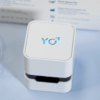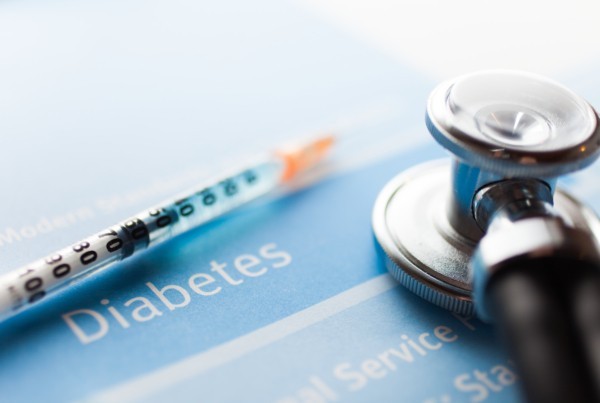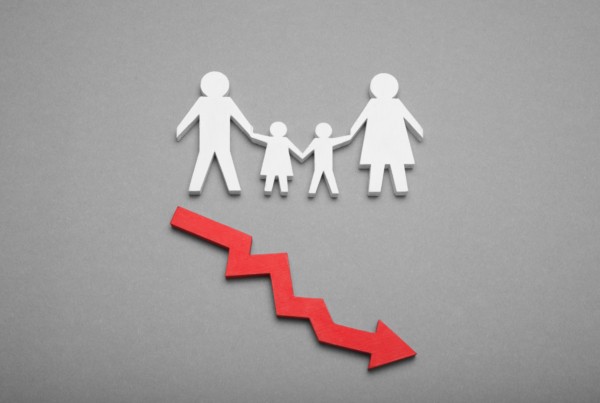For couples with unexplained infertility or minimal male factor infertility, intrauterine insemination (IUI) is a treatment option that can lead to a successful pregnancy. IUI involves both partners: in this guide we’ll explain the basics for men, so that you can go in prepared and knowledgeable on what to expect.
What is intrauterine insemination?
IUI is a type of fertility treatment in which sperm from the male partner or a donor is placed directly into the woman’s uterus when she is ovulating. The woman is often also prescribed ovulation-stimulating drugs to increase the chances of success. IUI boosts the process of natural conception as the sperm is placed closer to the egg.
What is the male partner’s role in an IUI?
You will be asked to produce a sperm specimen, either at home or at the clinic, depending on the fertility provider you’re working with. If your doctor recommends using fresh semen, you should be available on the day of the insemination.
If you cannot be available on the day, you also have the option of leaving a sample ahead of time. This sample is then frozen and thawed on the day of the IUI.
How is the sperm prepared?
Your sample will be processed (clinics ask for picture identification and a legal document showing your name and date of birth when dropping off your sample). The sample is then moved to the lab where it’s ‘washed’. Sperm washing is done to separate the sperm cells from the rest of the semen. This procedure reduces the risk of an adverse reaction in the uterus from potentially toxic chemicals present in the semen. This part of the process takes several hours.
The IUI itself only takes a few minutes. A catheter is used to deposit the sperm directly into the uterus at the time of ovulation.
How many days should a man abstain before IUI?
It is recommended that you abstain from ejaculation 2 to 5 days before giving your semen sample for an IUI.
What are the success rates of IUI?
Success rates for any type of fertility treatment greatly depend on your specific medical case as well as the age of the female partner. While the success rate for women under 35 years of age is 13%, those over 40 years only have a 3 to 9% chance of success. In general, IUI success rates in cases of male factor infertility without severe sperm problems is 16.9%.
What is the cost of IUI?
The cost of IUI varies between clinics, states, and countries. In the US, The IUI itself costs between $150 to $400. Medication, monitoring, and blood work can push this figure to $4000. In the UK, an IUI at a private clinic costs between £700 and £1,600.
What happens after an IUI?
Your partner can take a pregnancy test after two weeks. Be careful not to test too early, especially if your partner received any medication to stimulate ovulation as this can register a false positive. Once you get two consecutive positive pregnancy tests, an ultrasound is performed at 6 weeks gestation. If all is well, you’ll be released to the OB who will monitor the pregnancy as it progresses – and hopefully lead to a joyful birth!
Have questions about your fertility? Yo Home Tests offer a private and discreet way to learn more about the health of your sperm. Learn more about Yo Sperm Home Tests here.







